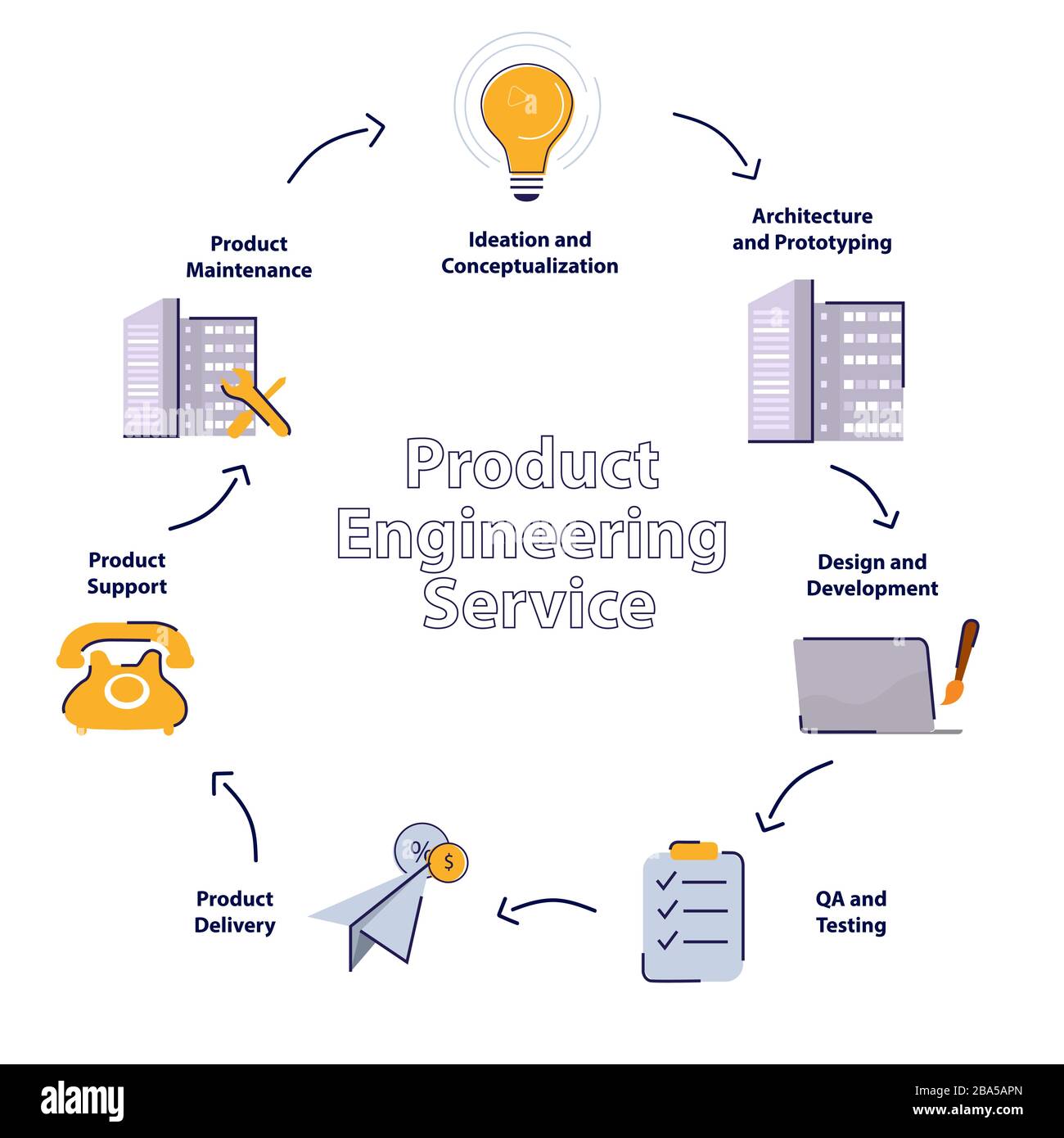Revolutionizing Industries: The Power of Engineering Services

In today's ever-evolving world, the role of engineering services has become increasingly pivotal across various industries. From streamlining processes to fostering innovation, engineering services offer a multifaceted approach that drives efficiency and progress. Whether it's enhancing existing infrastructure or developing cutting-edge solutions, the impact of engineering services is far-reaching and transformative.
At the core of this impact lies a diverse set of capabilities that cater to the unique needs of different sectors. Through a combination of expertise, technology, and creativity, engineering services empower organizations to overcome challenges, seize opportunities, and stay ahead in competitive markets. By harnessing the power of engineering services, companies can unlock new possibilities, optimize performance, and drive sustainable growth.
Benefits of Engineering Services
Engineering services provide companies with specialized expertise, allowing them to tackle complex challenges with innovative solutions tailored to their specific needs. By leveraging the knowledge and skills of engineering professionals, businesses can streamline their operations and improve efficiency in various processes.
A key benefit of engineering services is the cost-effectiveness they offer. Instead of maintaining an in-house engineering department, companies can outsource their engineering needs to service providers. This helps reduce overhead costs associated with hiring and training employees, while still gaining access to top-tier engineering talent when necessary.
Furthermore, engineering services enable companies to stay competitive in rapidly evolving industries. With access to cutting-edge technology and industry best practices, businesses can accelerate their product development cycles and bring high-quality products to market faster than their competitors. This agility and adaptability are essential in today's fast-paced business environment.
Challenges in Implementing Engineering Services
One of the key challenges in implementing engineering services is ensuring seamless integration with existing systems and processes. This often requires a deep understanding of the client's specific requirements and operational nuances to tailor the services effectively.
Another hurdle is the fast-paced technological advancements that demand continuous upskilling and adaptation. Engineering services providers must stay abreast of the latest tools, software, and methodologies to deliver cutting-edge solutions that meet the evolving needs of clients.
Moreover, effective communication and collaboration among cross-functional teams can pose a challenge in the implementation of engineering services. Clear and consistent communication channels are crucial to ensure alignment between different stakeholders and foster a unified approach towards project goals.
Future Trends in Engineering Services

As we look ahead, the future of engineering services appears to be intertwined with the advancements in technology. With the rise of artificial intelligence and machine learning, engineers are leveraging these tools to enhance their design processes and streamline operations.
Additionally, the integration of Internet of Things (IoT) in engineering services is set to revolutionize how industries operate. By connecting devices and systems to gather valuable data, engineers can make informed decisions in real-time, leading to increased efficiency and productivity.
Furthermore, sustainability is becoming a key focus in engineering services. As the world shifts towards more eco-friendly practices, engineers are incorporating renewable energy sources and developing sustainable infrastructure to meet the changing needs of society.
